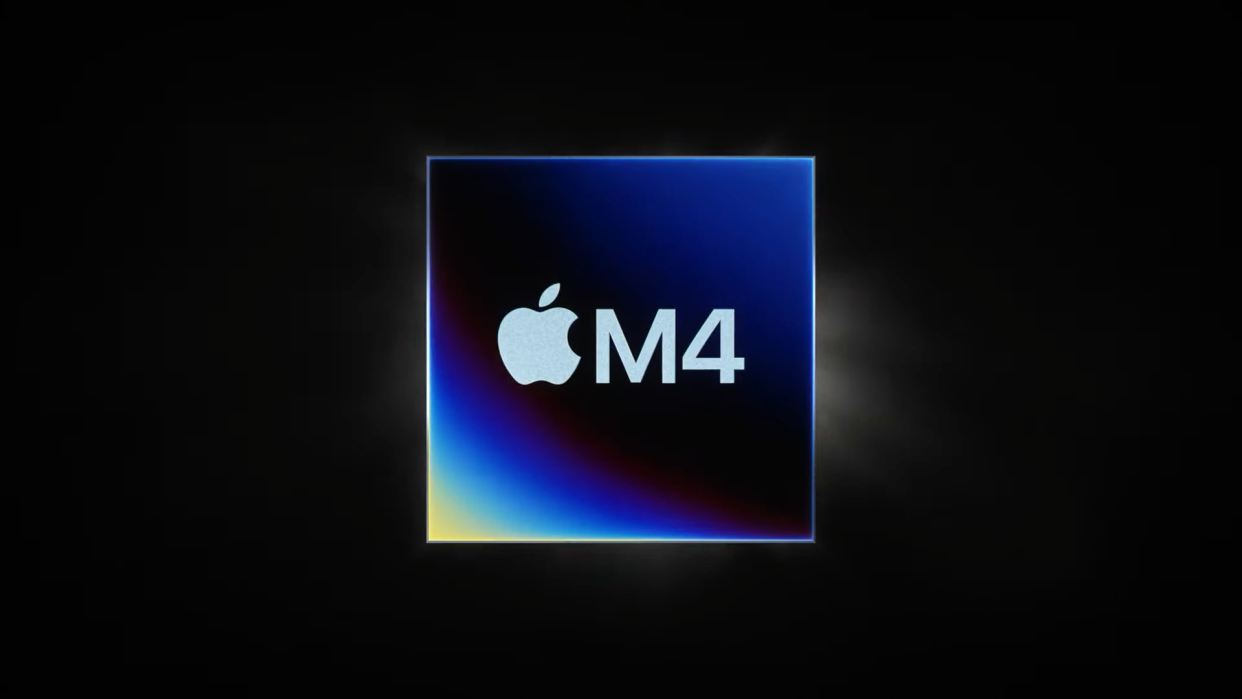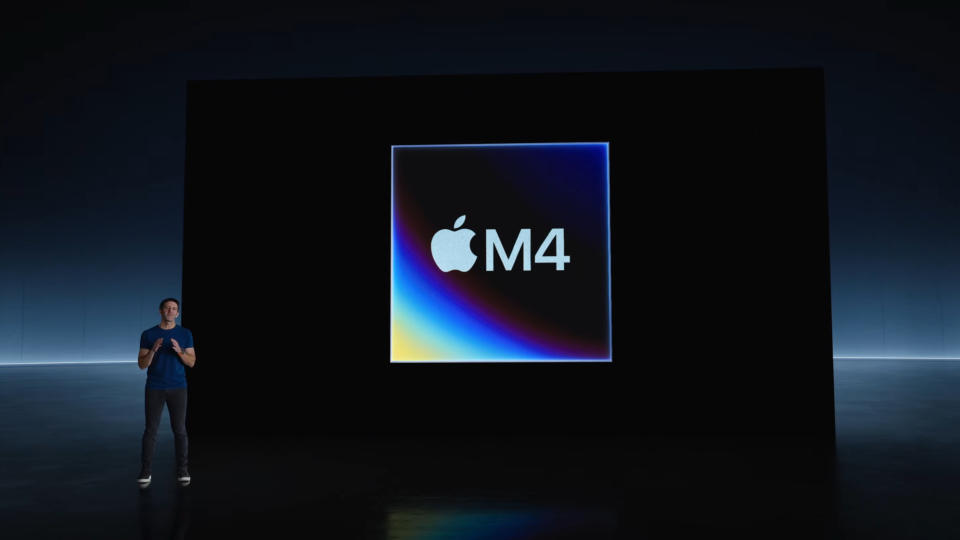Apple M4 chip: everything we know so far about Apple's new chip

Apple officially announced its latest silicon, the Apple M4, at its May 'Let Loose' event, the first time the company has announced a new chip in a tablet without first bringing it to its Mac desktops and laptops.
We've got a good bit of detail on the Apple M4 thanks to the announcement as well as what to expect from the new chip and when we can expect it to make its way to the rest of the Apple ecosystem.
So, lets dig into this exciting piece of hardware and talk about everything that Apple has revealed so far.
Apple M4: Cut to the chase
What is it? Apple's next generation of in-house silicon
How much does it cost? It won't sell on its own, but will instead be installed in various Apple devices
When can I get it? Announced on May 7, 2024
Apple M4: Latest news
Apple M4 chip debuts in iPad Pro as Apple pulls further ahead of Microsoft and Intel
Apple's iPad Air 6 launches with a bigger 12.9-inch screen and MacBook-level chipset
Read more Apple M4 news...
Apple could be playing it smart by waiting for its M4 chips before releasing a new Mac mini
Apple might start developing its own AI chips - here’s what that means for Mac lovers
The first M4 Macs could land this year as Apple looks to make up ground in the AI race
Apple M4 chips could debut early next year - if these professional predictors are correct
Forget the new MacBook Airs – Apple might already be working on M4 MacBook Pros
Apple M4: Release date

The Apple M4 chip was announced at the May 7, 2024, 'Let Loose' iPad event, and it will be available starting the week of May 13, 2024.
Apple M4: Specs & performance
The Apple M4 is built on TSMC's 3nm process node, the same as the Apple M3, though Apple does refer to it as 'second-generation'. It features a 10-core CPU and 10-core GPU, up from the 8-core CPU and 8-core GPU of the base M3 chip, and supports up to 38 trillion operations per second in its neural engine (Apple's version of an NPU). It contains 28 billion transistors, up from 25 billion in the M3, and can support up to 128GB of unified memory.
Like the M3, the Apple M4 also has support for hardware-accelerated ray tracing, dynamic caching, and mesh shading.
In terms of performance, we won't know for sure until we test it ourselves, but Apple says that the CPU performance is a 50% increase over the Apple M2 and its GPU performance is up to 400% faster than the M2's GPU. Apple has also claimed that, at least in the iPad Pro, you'll be able to get M3-levels of performance for far less power draw.
